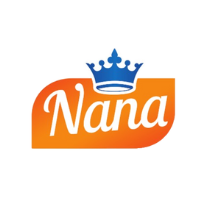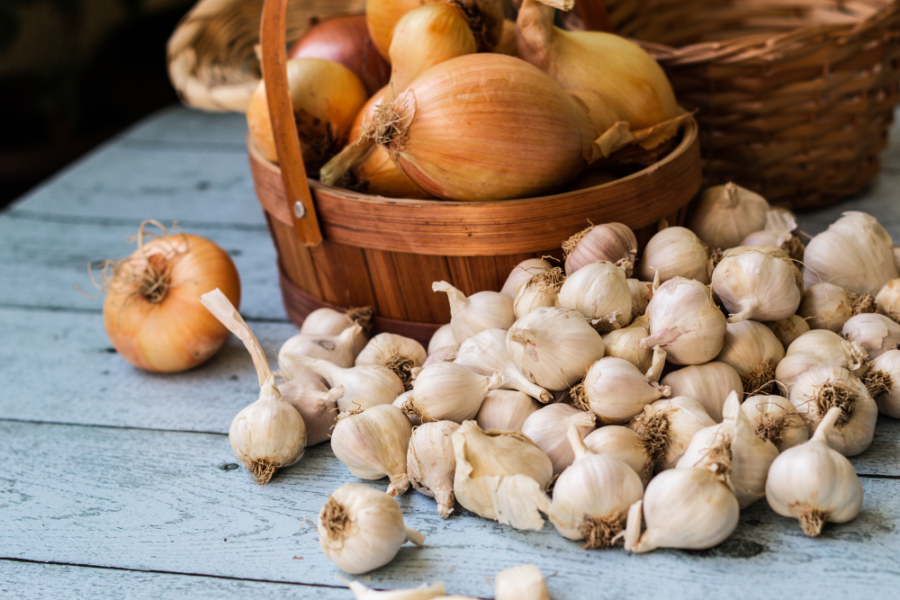Conakry, the bustling capital city of Guinea, is a vivid tapestry of tradition, modernity, and vibrant commerce. Nestled on the Atlantic coast, this city has always been a hub for trade, with its ports witnessing the ebb and flow of goods for centuries. Among the plethora of commodities, the vegetable market holds a unique place, providing a crucial link between the hinterlands’ agricultural produce and the urban populace.
The Traditional Vegetable Markets of Conakry:The streets of Conakry are lined with vibrant stalls, each echoing stories of generations of traders. The traditional vegetable markets, like Madina and Niger, are places where colors, scents, and sounds converge. Here, one can find everything from the staple cassava to the more exotic varieties of vegetables brought in from the countryside. These markets serve as a testament to Conakry’s deep-rooted agricultural traditions and its integral role in the nation’s food supply.
1. The Modern Retail Twist:
While traditional markets continue to thrive, there’s a noticeable shift towards modern retail outlets and supermarkets in Conakry. These establishments offer a more structured buying experience, with vegetables being sorted, graded, and even pre-packaged for the convenience of the urban consumer. While they can’t replicate the rustic charm of the traditional markets, they cater to a growing segment of the population that values convenience and hygiene.
2. Challenges in the Vegetable Trade:
Selling vegetables in Conakry is not without its challenges. Fluctuating prices, largely due to seasonal variations, can impact both vendors and consumers. Infrastructure issues, like the lack of proper storage facilities and transportation, can lead to post-harvest losses. Moreover, with the influx of imported goods, local farmers and traders often find themselves competing against international products.
3. The Organic and Sustainable Shift:
In recent years, there’s been a growing trend in Conakry towards organic and sustainably grown vegetables. Urban consumers are becoming more health-conscious and environmentally aware, leading to a surge in demand for organic produce. This offers a lucrative niche for farmers and sellers who can guarantee pesticide-free and eco-friendly vegetables.
4. The Future of Vegetable Selling in Conakry:
The vegetable trade in Conakry is poised for growth. With the city’s expanding population and an increasing emphasis on healthy eating, the demand for fresh vegetables is on the rise. Digital platforms and online marketplaces are slowly making inroads, offering newer avenues for sellers to reach consumers.
In conclusion, Conakry, with its rich history and evolving dynamics, offers a plethora of opportunities for vegetable sellers. While challenges persist, the city’s resilience and adaptability ensure that its vegetable markets, both old and new, continue to thrive. Whether one is drawn to the hustle and bustle of Madina market or the organized aisles of a modern supermarket, Conakry promises a vegetable-selling experience like no other.




